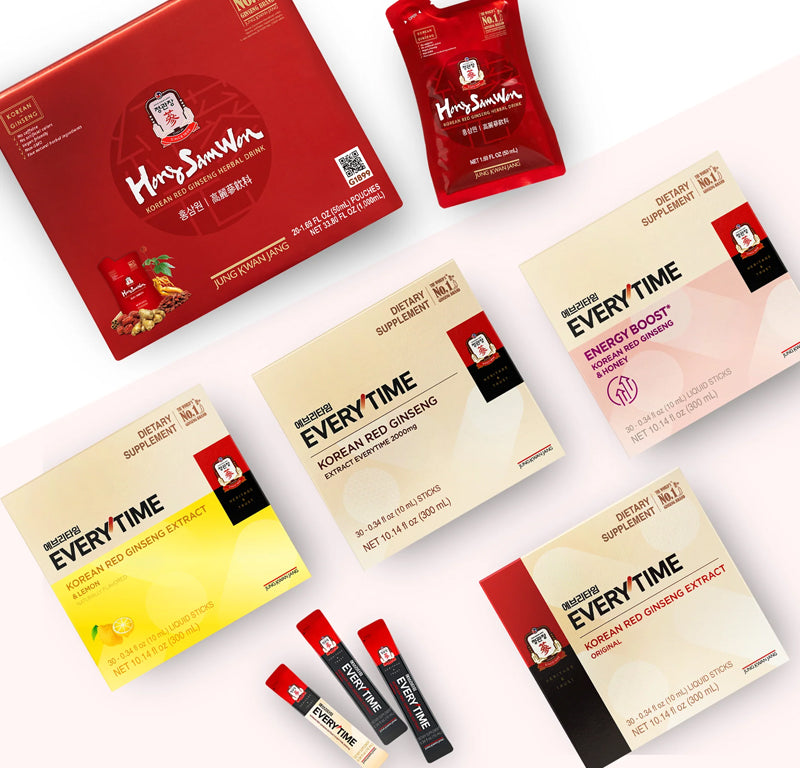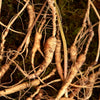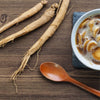Unveiling the Taste of Ginseng: What Does Ginseng Really Taste Like
Ginseng, a revered medicinal herb with a rich history, is known for its wide range of health benefits. While its therapeutic properties are well-documented, the taste of ginseng remains a mystery to many. In this blog, we will delve into the intriguing world of ginseng flavors and explore what ginseng really tastes like. Whether you're a curious herbal enthusiast or considering incorporating ginseng into your diet, this guide will provide you with insights to help you better understand and appreciate the taste profile of this remarkable plant.
The Profile of Ginseng Taste
Ginseng possesses a distinct flavor profile that can be described as a combination of earthy, bitter, and slightly sweet undertones. The taste can vary depending on the species, growing conditions, and preparation methods. The primary compounds responsible for the taste of ginseng are ginsenosides, which contribute to its unique flavor characteristics.Earthy Undertones: The earthy notes in ginseng are reminiscent of the forest floor or the scent of freshly turned soil. This earthiness adds depth to the overall taste experience and creates a grounding sensation.
Bitterness: Ginseng has a noticeable bitterness that can vary in intensity. The bitter taste can be attributed to the presence of ginsenosides and other phytochemicals. While some may find the bitterness slightly challenging, it is a defining characteristic of ginseng and contributes to its perceived potency.
Subtle Sweetness: Despite its earthy and bitter components, ginseng also offers a delicate sweetness. This natural sweetness is mild and often described as subtle, adding a pleasant contrast to the overall taste profile.
Preparing Ginseng for Consumption (200 words) The taste of ginseng can be influenced by various factors, including the form in which it is consumed. Here are a few common ways to prepare and consume ginseng:
- Traditional Infusions: Ginseng is commonly prepared as a tea or infusion by steeping dried ginseng roots in hot water. This method allows the flavors to meld together and provides a more balanced taste.
- Capsules and Supplements: For those who find the taste of ginseng challenging, capsules and supplements offer an alternative. These products often contain powdered or extract forms of ginseng, minimizing the direct taste experience.
- Culinary Applications: Ginseng can also be used in cooking and added to soups, broths, or stir-fries. The heat and combination with other ingredients can help mellow the taste while still imparting its beneficial properties.
Discovering Personal Preferences
Taste is subjective, and individual preferences can vary greatly. Some may find the taste of ginseng appealing and enjoyable, while others may need time to acquire a taste for it. It's essential to approach ginseng with an open mind and explore different preparations to find what suits your taste buds best. Here are a few tips to help you along the way:- Start with Milder Varieties: If you're new to ginseng, consider starting with milder varieties known for their balanced flavors. American ginseng (Panax quinquefolius) is often regarded as having a slightly sweeter and less bitter taste compared to Asian ginseng (Panax ginseng).
- Experiment with Preparation Methods: Try different ways of consuming ginseng to find what works best for you. Adjust the steeping time for ginseng tea, experiment with different culinary recipes, or explore ginseng blends with complementary herbs or flavors.
- Gradually Increase Consumption: If the taste of ginseng is initially challenging, try gradually increasing your exposure to its flavor. Start with small amounts and gradually incorporate ginseng into your diet. Over time, your taste buds may become more accustomed to the taste, allowing you to appreciate its unique flavors.
- Blend with Other Ingredients: To mask the bitterness or enhance the sweetness of ginseng, consider blending it with other ingredients. Adding a natural sweetener like honey or combining ginseng with aromatic herbs, such as mint or ginger, can help balance the taste.
-
Posted in
Food
 Stamina
Stamina Energy
Energy Immunity
Immunity Antioxidant
Antioxidant Beauty
Beauty Fitness
Fitness Blood Circulation
Blood Circulation Liver & Heart
Liver & Heart Bones & Joints
Bones & Joints Eye & Brain
Eye & Brain Digestion
Digestion Relax & Sleep
Relax & Sleep For All
For All Men's Health
Men's Health Woman's Health
Woman's Health Kid's Health
Kid's Health Jar
Jar Stick
Stick Pouch
Pouch Root & Slices
Root & Slices Shot
Shot Pill
Pill Tea & Powder
Tea & Powder Candy
Candy

 Our Brand
Our Brand Korean Red Ginseng
Korean Red Ginseng Premium Ingredient G1899
Premium Ingredient G1899





